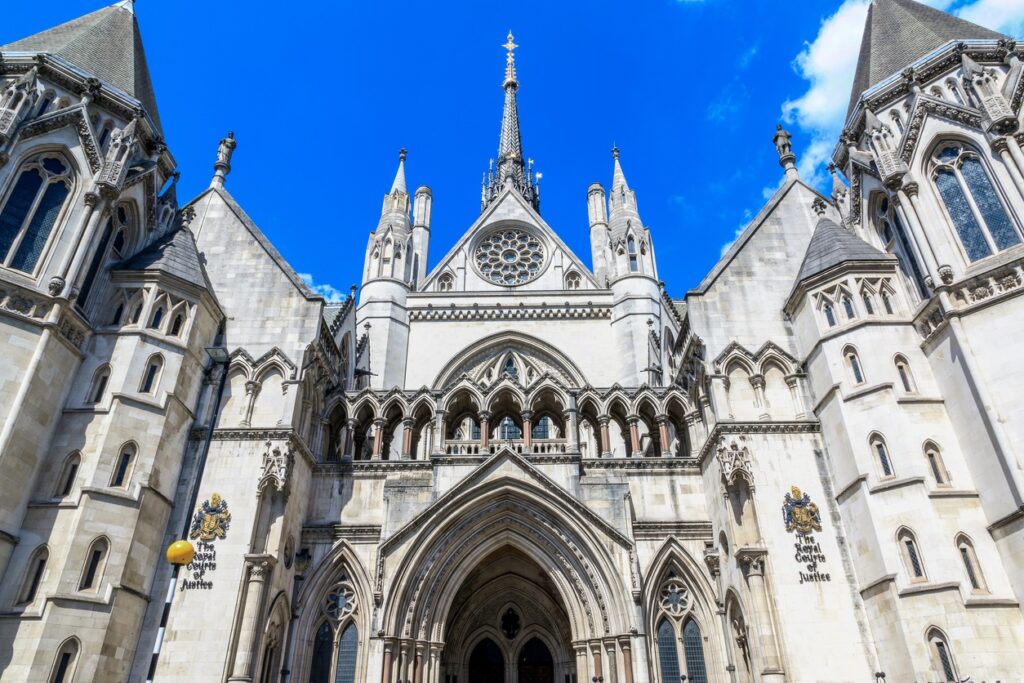
In this case, the High Court considered whether land under administration following an intestate death could be subject to adverse possession.
Facts
- The claimants’ father passed away intestate in March 2010.
- They obtained letters of administration in October 2019 and became registered proprietors in April 2022.
- Possession proceedings were initiated against the defendant thereafter.
Defendant’s Position
The defendant argued that she had been in adverse possession of the land for over ten years, invoking Section 98(1) of the Land Registration Act 2002 as a defense.
Claimants’ Argument
The claimants contended that the estate was held “in trust” by them as personal representatives under Section 33 of the Administration of Estates Act 1925. They argued that this statutory trust should bar the defendant’s adverse possession claim.
The core issue was whether Paragraph 12 of Schedule 6 to the Land Registration Act 2002 – which precludes adverse possession where land is subject to a trust unless all beneficiaries hold interests in possession – applied to the estate.
Court’s Decision
Mr Justice Freedman dismissed the Claimants’ appeal, providing the following rationale:
- Nature of the Trust: Personal representatives are not conventional trustees. They hold the entire estate ownership, encompassing both legal and beneficial interests, during administration. Beneficiaries merely have a right to proper administration, not immediate beneficial interests.
- Interpretation of Paragraph 12: The term “trust” under Paragraph 12 pertains to conventional trusts with identifiable beneficiaries holding interests in possession. The statutory trust under Section 33 of the Administration of Estates Act 1925 does not meet this definition, allowing time to accrue for adverse possession.
- Legislative Intent: Parliament did not explicitly include statutory trusts under estate administration within the scope of Paragraph 12. This omission suggests such trusts were not intended to preclude adverse possession claims.
Key Takeaways
- A statutory trust during estate administration does not pause the time required for adverse possession.
- Conventional trusts with identifiable beneficiaries differ significantly from statutory trusts in this context.
- Personal representatives must act swiftly to administer estates and safeguard assets from adverse possession claims during prolonged administration periods.
- This decision underscores the importance of vigilance in estate management to prevent unintended property loss.
This update is for general purpose and guidance only and does not constitute legal advice. Specific legal advice should be taken before acting on any of the topics covered. No part of this update may be used, reproduced, stored or transmitted in any form, or by any means without the prior permission of Brecher LLP.




